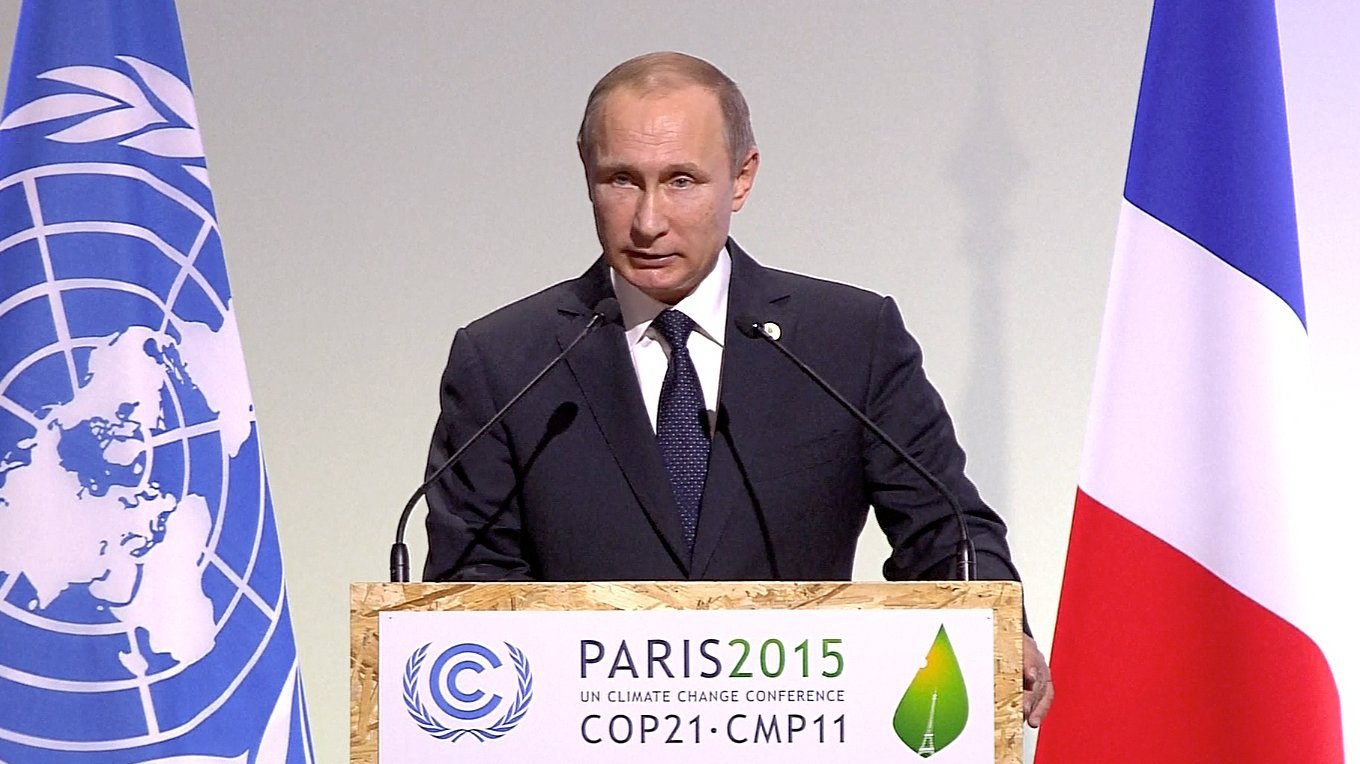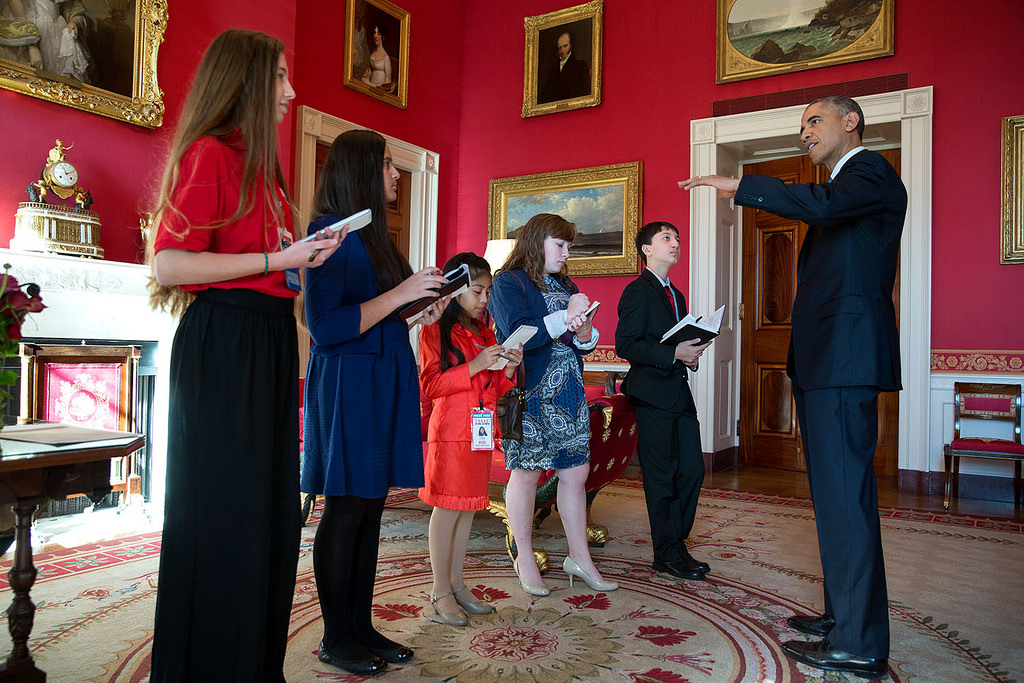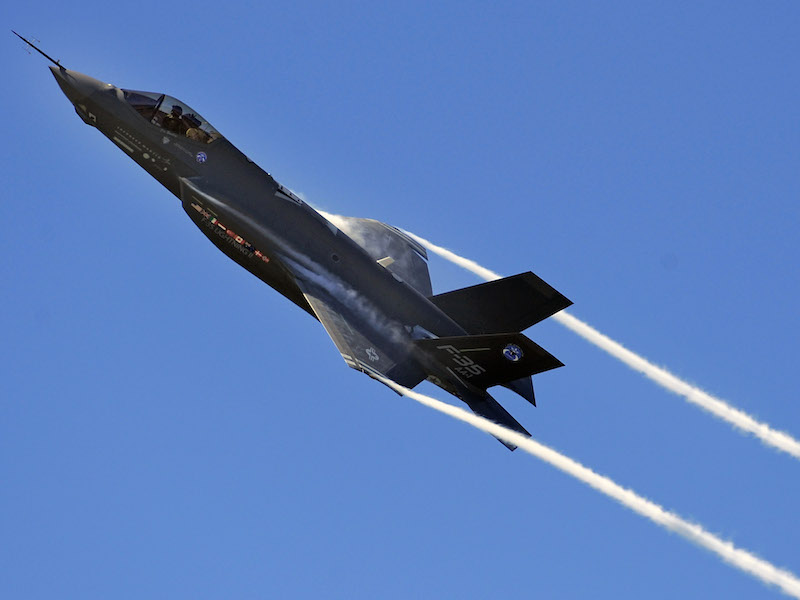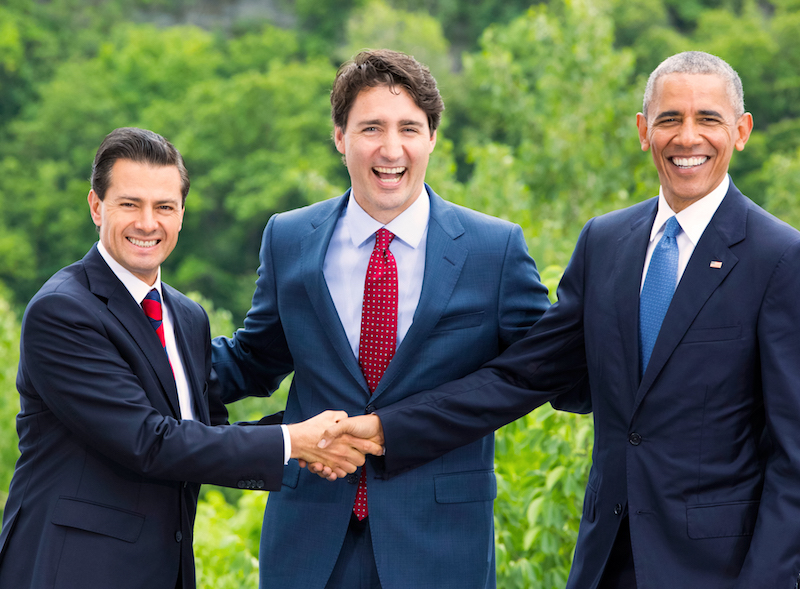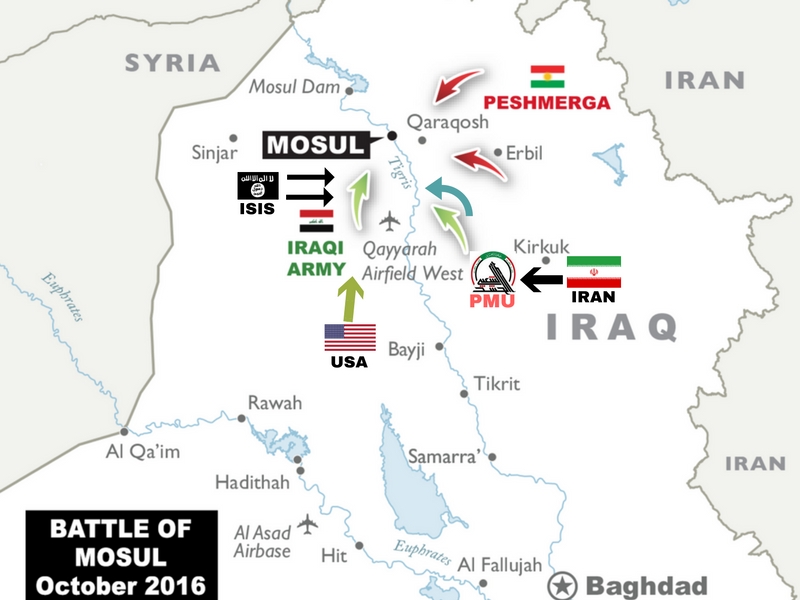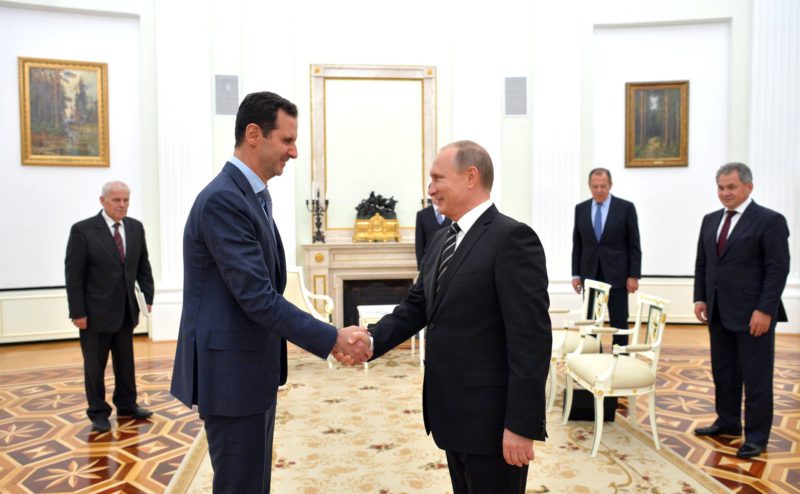The Paris Climate Agreement has been ratified by many leading countries in today’s fight against climate change. Why hasn’t Russia joined in?
Tag: United States
President Trump – The Hope of the Enlightenment
Robert Baines discusses the importance of President Trump’s personal education to to global security.
A Farewell Speech to Americans but a Doctrine for the Youth
Though Obama has officially left the White House, his speech remains a doctrine of democracy for the youth of America.
Top Royal Canadian Air Force Procurement Projects: What You Need to Know
In part two of a three part series, Alexander Sawicki explains all of the major Canadian Forces procurement projects currently underway in the RCAF.
Is the US Serious about Moving its Embassy in Israel to Jerusalem?
Among Donald Trump’s many audacious foreign policy proposals, he has seriously considered moving the US’ embassy in Israel from Tel Aviv to Jerusalem. This would be a globally unprecedented move that could destabilize the Middle East for years to come.
Turkey’s turnaround in Syria: from Washington to Moscow
Ankara turns to Moscow amidst increasingly strained US-Turkish relations. Genevieve Zingg examines the shifting power dynamics in Syria as Washington is sidelined by the Russian-Turkish ceasefire deal.
Implications of a Trump administration on Foreign Aid and International Development?
What effect will President-Elect Trump have on international aid efforts? Sabrina Natale discusses the potential changes to foreign development and aid policies.
The Identity Politics of NAFTA: How Commercial Factors Undermine the Possibilities for Further Integration
In her article Ida Mannisto explores of the commonly neglected cultural aspects of NAFTA
Mosul Operation: ‘We are Coming, Nineveh’
Who is contributing to what in the Mosul offensive? Sha Lalapet explores the various aspects to the offensive via an infographic.
The Dichotomy: Russia’s foray into the Middle East
Is Syria Russia’s gateway to the Middle East? Sha Lalapet analyses Syrian-Russian relationship and the reasons behind why Russia is expanding in the Middle East.

